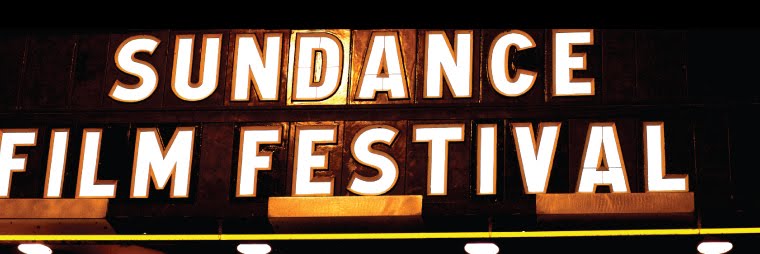Okay, I think there might be a bit of a misunderstanding. I am not a subscriber to auteur theory. I don’t think that random information about the director changes the film or should change how we read it. The people I have approached from an auteur perspective are Riefenstahl and James Cameron. The reason why I have done this is because they have been frequent commentators of their own work, publicly announcing their own readings of the films they have made. In both cases their readings are so different from what most readers actually see. It is not the directors that interest me, it is that discord between sender and receiver. All of a sudden it becomes bad communication or a failed game of telephone. Yet we find both Riefenstahl’s and Cameron’s work to be of similar technical level of their times. And in a way they were almost equally influential in people’s lives (do I have to remind people of the support groups created because audience members wanted to live on Pandora?). Then their own views of what they are sending out becomes interesting.
The reason why I keep on bringing this up is because I think this is one of the places where film/cinema studies merges with the broader discipline of cultural studies. I don’t believe we can separate the discipline of film/cinema studies from its “mother-ship” but rather we need to see its place in it. What is the impact of the films, and what is the impact of the discourse surrounding them on the culture they are placed in? We read the texts and say what ideological message they are sending out. Shouldn’t we at least be a little bit curious concerning the cultural impact of that reading as well as what other factors are accomplices in that impact? And in the two cases I have brought up (and possibly Quentin Tarantino and Spike Lee, because they keep on making lots of commentary about how their films "should" be read), I do think their own assertions concerning their auteurship constitutes factors in figuring out the cultural impact. So for me it is not a question of classical auteurship as in the structuralist or liberal humanist sense of the concept, but rather a case of auteurship that is centered in the reader, and that I believe fits into what Barthes argued in “Death of the Author.” It is not that about seeing the auteur in the text but rather seeing the auteur’s post-commentary as a supplement to the text (or an extended edition).
I hope I have made my case clear enough.

No comments:
Post a Comment
Note: Only a member of this blog may post a comment.